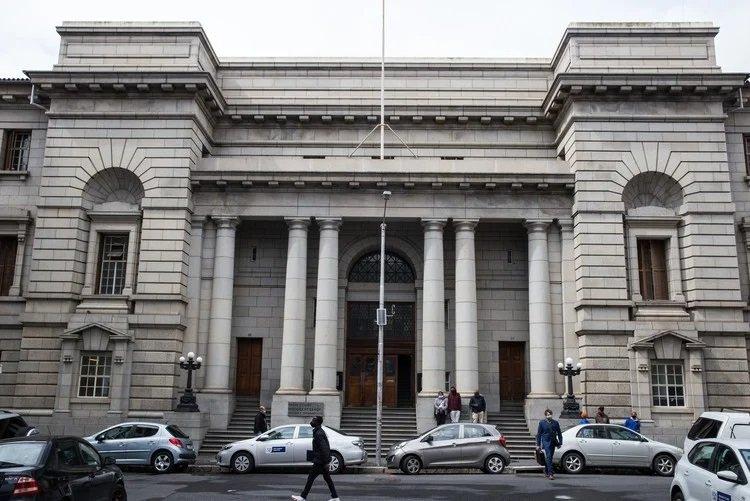Africa-Press – South-Africa. The Constitution of SA is not a Father Christmas in nobody’s country, who holds a shopping basket containing rights, giving away the power to anybody to do anything against the values, integrity, and ethics that good mothering taught, with no responsibilities.”
These were the words of Western Cape High Court Judge Daniel Thulare when he dismissed the bail appeal of seven Nigerian nationals who are part of a group of eight suspected members of the so-called Black Axe syndicate who face extradition to the US. Another court dealt with the bail appeal of the eighth suspected member.
Based in Cape Town, they are wanted in that country in connection with an internet scam through which they allegedly targeted unsuspecting online users on dating sites and defrauded them.
Hawks, FBI partnership brings down eight ‘romance’ scammers in R100m international fraud case
They were arrested in Parklands last year in a joint operation between the Federal Bureau of Investigation (FBI) in the US and South Africa’s Hawks, and face various charges, including fraud and money laundering.
In the High Court, they appealed the Cape Town Magistrate’s Court’s refusal to release them on bail.
In his judgment, Thulare said they were not arrested for committing the crimes in SA but for assessing whether they should be surrendered to US authorities.
They are believed to be part of a mafia group in Italy and to have victims in various countries, including Canada and the UK.
In South Africa, it is alleged, they have a branch in Cape Town known as the “Cape Town Zone”.
The syndicate’s headquarters is in Benin City, Nigeria.
The group allegedly used false identities to target victims via email and dating sites under the pretence of romantic relationships. They allegedly purported to be engineers or to be working on lucrative projects in the country.
“They would sway their victims to send money directly or permit others to send money through their financial accounts to SA…Once the perpetrator gained the victim’s trust, he then directed the victim to transfer or receive money under false pretences,” the judgment read.
Victims were promised loans and inheritances and asked to send smaller amounts of money before receiving the larger, promised payments. However, they never received the money.
Perry Osagiede, Enorense Izevbigie, and Franklin Edosa Osagiede, who are the first, second and third appellants, joined Black Axe long before the Cape Town Zone was recognised by its global leadership in 2013, the judgment read.
Perry joined in 2002.
An email the State retrieved as part of the evidence, revealed that in 2013, he sent the names of 56 members to the Cape Town Zone. In it, he referred to Izevbigie as the chairperson of the branch.
In the US, a university and a company fell victim to Black Axe. The company lost $2 million after it its business account was tampered with.
Thulare found that the suspected syndicate members, with their cyber and technological advancements, would tamper with evidence and flee South Africa if they were granted bail.
“The appellants have the means to leave the country and have the capacity to do so fraudulently and illegally,” he ruled.
In their appeal, they denied involvement with Black Axe despite the State’s evidence, including photos and email evidence.
They also argued that they had assets and businesses that would suffer if they remained behind bars. In addition, they claimed to be in stable relationships and that they were the sole providers in their families.
But Thulare said “SA is not a nobody’s country” where criminals could flee accountability.
He added that their release would compromise the reputation of South Africa’s judiciary among locals and in countries where there are victims.
“This case is one of those where SA’s ability to cope well with difficulties of organised crime, especially cross-border crime, and its spirit and resilience are tested,” Thulare added.
For More News And Analysis About South-Africa Follow Africa-Press






